How Successful People Think By John Maxwell
$1,495.00 Original price was: $1,495.00.$62.00Current price is: $62.00.
Download How Successful People Think By John Maxwell, check content proof here:
The Thought Processes of Successful People
The subtleties of successful people’s thought processes can have a big impact on their results in the areas of professional and personal development. In his enlightening book “How Successful People Think,” John C. Maxwell explores the mental processes that distinguish performers across a range of industries. Maxwell lists eleven key thinking styles that can help people succeed, with a focus on the techniques that distinguish ordinary mindsets from outstanding ones. One can successfully transform their viewpoints and improve their capacity to overcome obstacles and grasp opportunities by comprehending and embracing these methods of thinking.
The Value of Different Ways of Thinking
Thinking is frequently compared to the thread that ties our choices, deeds, and, eventually, our achievements or shortcomings together. Imbuing a productive mindset into our daily lives can serve as a guiding compass, leading us toward meaningful achievements. Maxwell emphasizes that the way we think is not mere happenstance but a skill that can be cultivated. He encourages readers to embrace a broader vision and focus on developing specifically targeted thought patterns that yield constructive results.
- Mindset: Imagine thoughts as seeds; nurturing them can either yield a flourishing garden or a desolate landscape.
- Perspective: Seeing the world through various lenses allows for richer insights and more informed choices.
Maxwell argues that successful people possess a remarkable ability to shift their thinking in a way that aligns with their goals. He points out that, much like a skilled navigator, these individuals can map their journey by keeping sight of the big picture while simultaneously delving into the details that matter most.
Considering the Big Picture
The ability to embrace big picture thinking is key to good thinking. This method pushes people to learn more about their objectives and the larger picture of their situation. Big picture thinkers keep a broad perspective on their goals rather than becoming bogged down in details.
Perspective Maintenance: In order to keep their daily behaviors in line with their long-term goals, successful people constantly remind themselves of them.
Contextual Awareness: They take into account the broader effects of their decisions, understanding how minor choices can have a big impact on more important objectives.
By adopting this perspective, people can keep themselves from becoming overpowered by the problems and situations that arise right now. By establishing a more expansive perspective, they cultivate resilience, akin to an architect who envisions a grand structure long before the first brick is laid.
Focused Thinking
Focused thinking is another critical pillar of Maxwell’s philosophy. Here, the emphasis is placed on clarity of purpose. When individuals establish clear targets, their efforts become concentrated and intentional, which fosters efficiency and effectiveness.
- Setting Clear Goals: Individuals are encouraged to set SMART goals (Specific, Measurable, Achievable, Relevant, Time-bound) to anchor their focus.
- Feedback Mechanisms: Achieving milestones is crucial, and regular feedback helps tweak strategies to enhance performance.
An athlete training for a marathon, for instance, would concentrate on creating a particular training schedule that would enable them to direct their efforts on reaching their running objectives while tracking their progress. This focused strategy not only increases output but also boosts motivation and a sense of achievement.
Creativity’s Function in Effective Thought
According to Maxwell, creative thinking is the third fundamental way of thinking. Creativity, sometimes thought of as a domain reserved for artists and inventors, is essential for solving problems and coming up with original solutions in a variety of sectors.
- Innovation Adoption: Creative thinkers are willing to experiment with new ideas and methodologies, which can lead to groundbreaking advancements.
- Combining Ideas: They excel at connecting disparate concepts to create innovative solutions, akin to a chef skillfully blending flavors to craft an extraordinary dish.
A digital entrepreneur might, for instance, integrate ideas from engineering, design, and psychology to create an app that has a profound effect on users, illustrating the broad effects of innovative thinking. According to Maxwell, everyone can use creativity because it is a discipline that can be developed and refined rather than just an intrinsic gift.
Thinking Realistically
Even if creativity might be ambitious, it’s equally critical to keep one’s ideas grounded in reality. This way of thinking entails evaluating one’s situation honestly, which can improve decision-making abilities and produce better results.
- Fact Acknowledgment: Successful individuals articulate essential truths about their situation, creating a foundation upon which they can build their plans.
- Scenario Assessment: They evaluate various scenarios, thus preparing them for potential challenges and opportunities.
This method is used by realistic thinkers in everyday situations, such as handling personal money or negotiating a difficult corporate deal. By confronting the truth, individuals are better able to develop practical, doable plans, which eventually improves their chances of success.
Possibility and Strategic Thinking
A key component of effective thought frameworks is strategy. Strategic thinkers combine concepts into well-thought-out plans that direct their activities toward successfully accomplishing objectives.
- Coherent Planning: This involves devising step-by-step processes that transform vision into tangible goals.
- Flexibility in Approach: They also maintain a willingness to adapt strategies as necessary a critical component for success in a dynamic landscape.
On the other hand, possibility thinking encourages a mindset that views challenges as opportunities. It fosters a positive outlook and opens up avenues for growth and innovation.
- Positive Outlook: This type of thinking involves reframing failures as opportunities for learning rather than setbacks.
- Opportunity Recognition: Acknowledging potential pathways can enable individuals to make choices that propel them forward.
Since a good strategy frequently arises from identifying potentials within difficulties, possibility thinking and strategic thinking are intertwined. This two-pronged strategy enables people to creatively overcome barriers and transform them into opportunities.
Thinking Reflectively and Inquiringly
One of the most effective methods for education and personal development is reflection. Reflective thinkers take the time to critically examine their experiences, which produces insightful information that helps them make better decisions in the future.
- Experience Analysis: By reflecting on successes and failures alike, individuals cultivate a deeper understanding of their processes and behaviors.
- Adaptation: Reflection leads to increased adaptability, as people learn what works and what needs change.
Questioning prevailing opinion is a behavior that goes hand in hand with thoughtful thinking. This entails questioning generally held conventions and assumptions in order to allow for the emergence of novel ideas from traditional thinking.
- Groundbreaking insights: Successful people frequently discover novel solutions by having the courage to challenge the current quo.
- Divergent Thinking: This approach broadens the range of potential outcomes by taking into account alternatives that are not usually recognized.
For example, challenging conventional business methods may result in novel models that upend entire sectors, as is commonly observed in the emergence of tech companies that reshape markets.
Collaborative and Selfless Thought
Effective collaboration is rooted in shared thinking. This approach emphasizes the value of collective insights and harnesses the strengths of individuals working together.
- Collective Insightfulness: Sharing thoughts in a group enhances creativity and generates a more comprehensive array of solutions.
- Team Synergy: Successful individuals build environments that promote dialogue and constructively share ideas, leading to more effective problem-solving.
On the other hand, selfless thinking puts the needs of others first, which strengthens bonds and eventually results in more fruitful exchanges.
- Altruistic Mindset: People who have an altruistic mindset encourage loyalty and respect among their teammates.
- Effect on Relationships: Partnerships that value the needs and contributions of others are healthier and more fruitful.
Think of a boss who actively seeks out feedback from their staff and values and recognizes their work. This not only encourages diversity but also frequently results in the development of more creative solutions as a group.
Bottom-Line Viewpoint
Lastly, bottom-line thinking focuses on the important things. This mode of thinking strengthens decision-making by eliminating distractions and assisting people in concentrating on the most important results.
- Clarity in Priorities: It enables people to focus on what really matters, which facilitates the removal of superfluous details.
- Efficiency in Action: People that use bottom-line thinking can maximize efficiency and accomplish their goals by focusing their efforts.
For instance, in a business context, executives who have a focus on the bottom line are better able to guide their companies and steer clear of the dangers that might occur from becoming mired in minutiae.
In conclusion
In “How Successful People Think,” John C. Maxwell offers a treasure trove of insights into the various styles of thinking that define successful individuals. Each style from big picture and focused thinking to unselfish and bottom-line perspectives serves as a piece of the puzzle in the quest for personal and professional success. As we navigate our own journeys, incorporating these thinking strategies can facilitate growth, enhance decision-making, and ultimately lead us toward achieving our dreams. By consciously adopting and practicing these mindsets, we align ourselves more closely with the habits of successful individuals, opening the door to limitless possibilities and profound achievements in our lives.
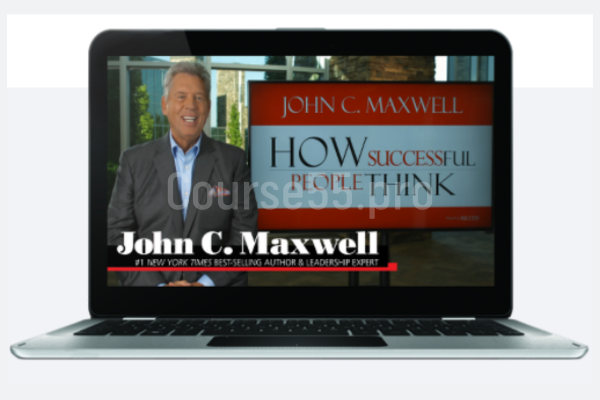
Frequently Asked Questions:
Business Model Innovation:
Embrace the concept of a legitimate business! Our strategy revolves around organizing group buys where participants collectively share the costs. The pooled funds are used to purchase popular courses, which we then offer to individuals with limited financial resources. While the authors of these courses might have concerns, our clients appreciate the affordability and accessibility we provide.
The Legal Landscape:
The legality of our activities is a gray area. Although we don’t have explicit permission from the course authors to resell the material, there’s a technical nuance involved. The course authors did not outline specific restrictions on resale when the courses were purchased. This legal nuance presents both an opportunity for us and a benefit for those seeking affordable access.
Quality Assurance: Addressing the Core Issue
When it comes to quality, purchasing a course directly from the sale page ensures that all materials and resources are identical to those obtained through traditional channels.
However, we set ourselves apart by offering more than just personal research and resale. It’s important to understand that we are not the official providers of these courses, which means that certain premium services are not included in our offering:
- There are no scheduled coaching calls or sessions with the author.
- Access to the author’s private Facebook group or web portal is not available.
- Membership in the author’s private forum is not included.
- There is no direct email support from the author or their team.
We operate independently with the aim of making courses more affordable by excluding the additional services offered through official channels. We greatly appreciate your understanding of our unique approach.
Be the first to review “How Successful People Think By John Maxwell” Cancel reply
You must be logged in to post a review.

 The Manifestation Collective Certification (SEMESTER 1) By Kimberley Wenya
The Manifestation Collective Certification (SEMESTER 1) By Kimberley Wenya 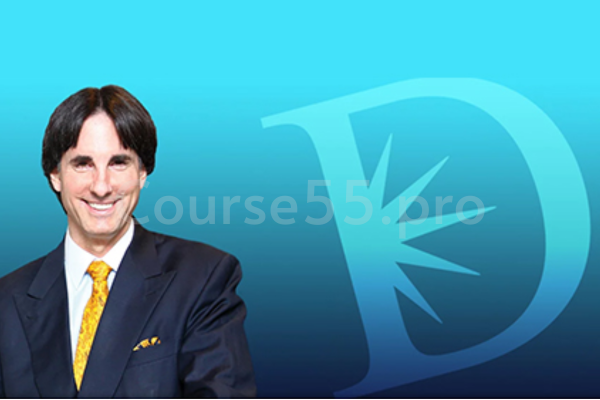

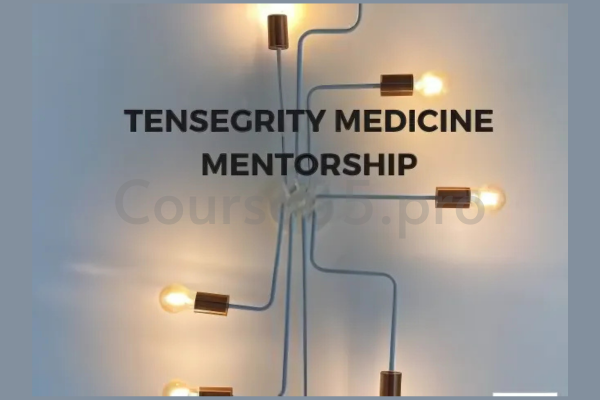



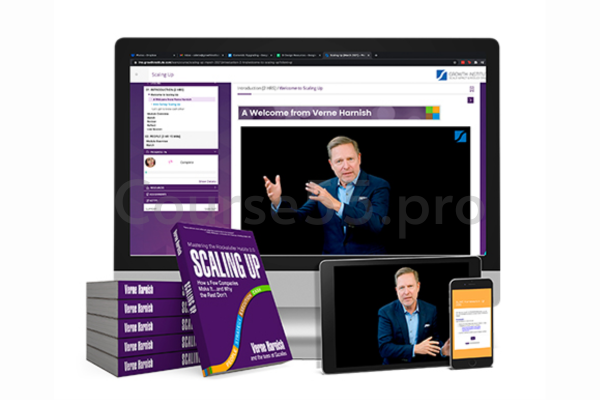







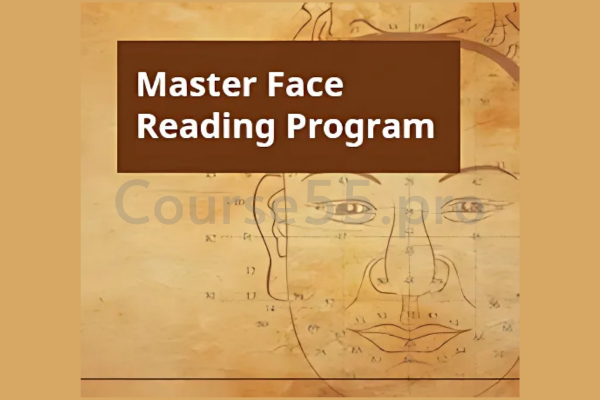

Reviews
There are no reviews yet.